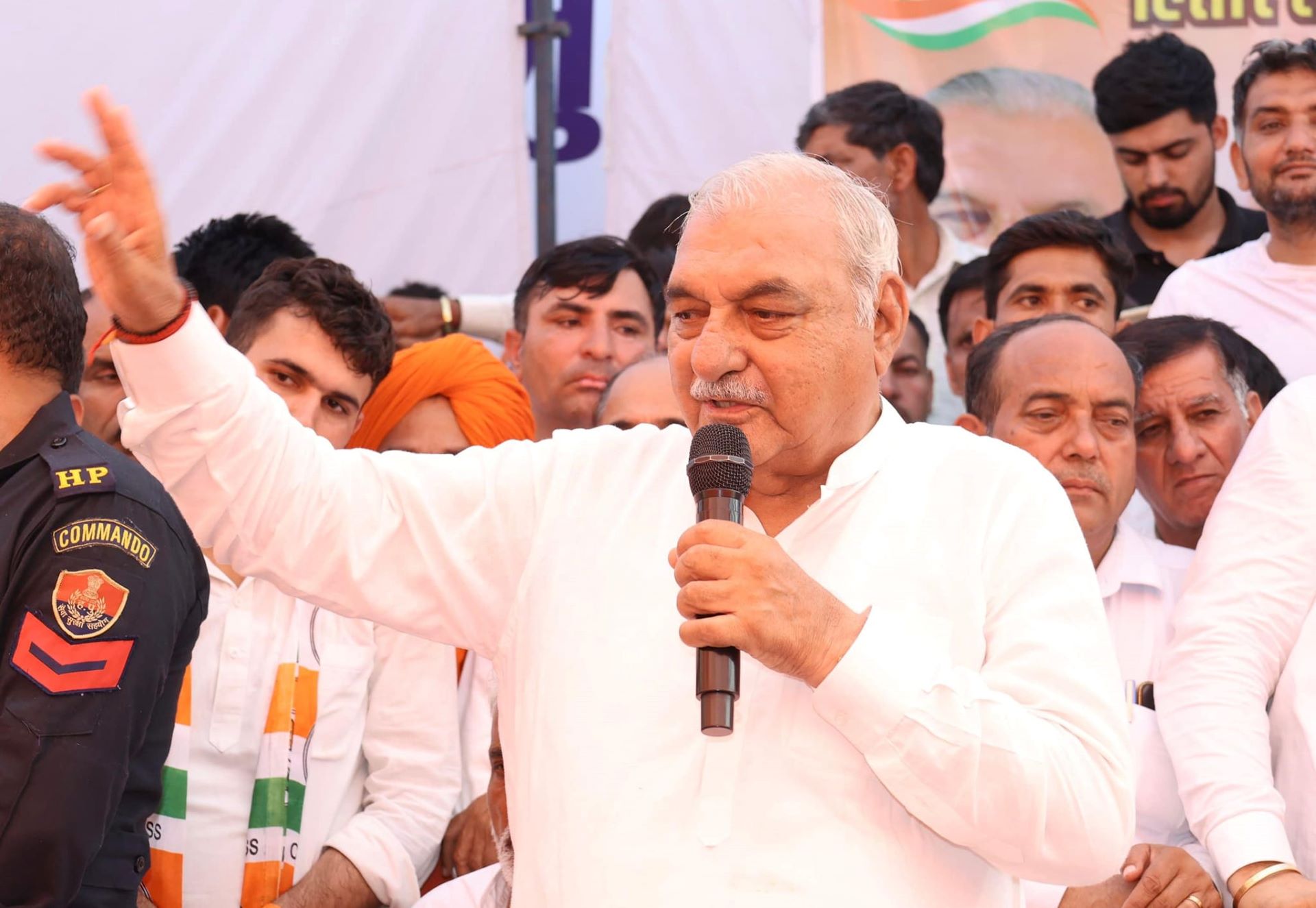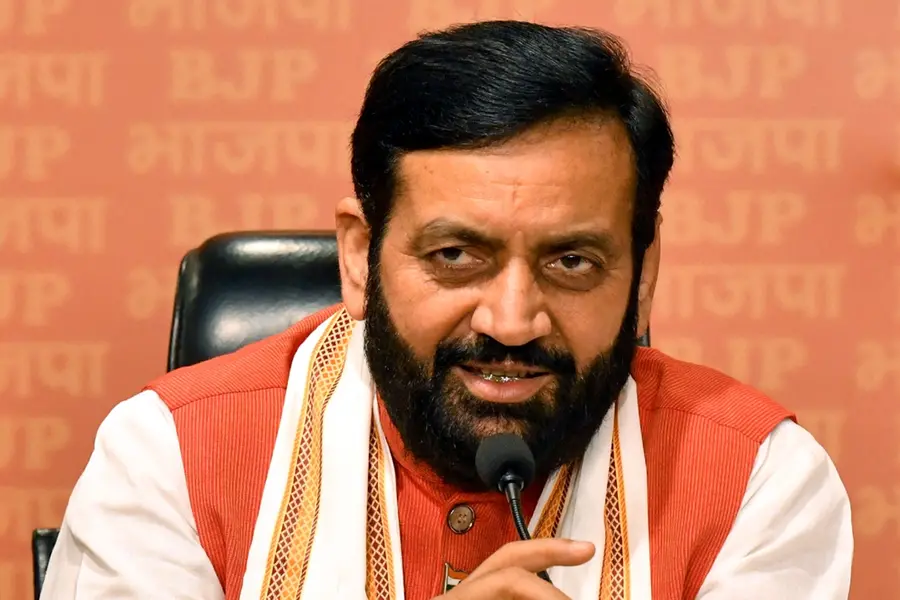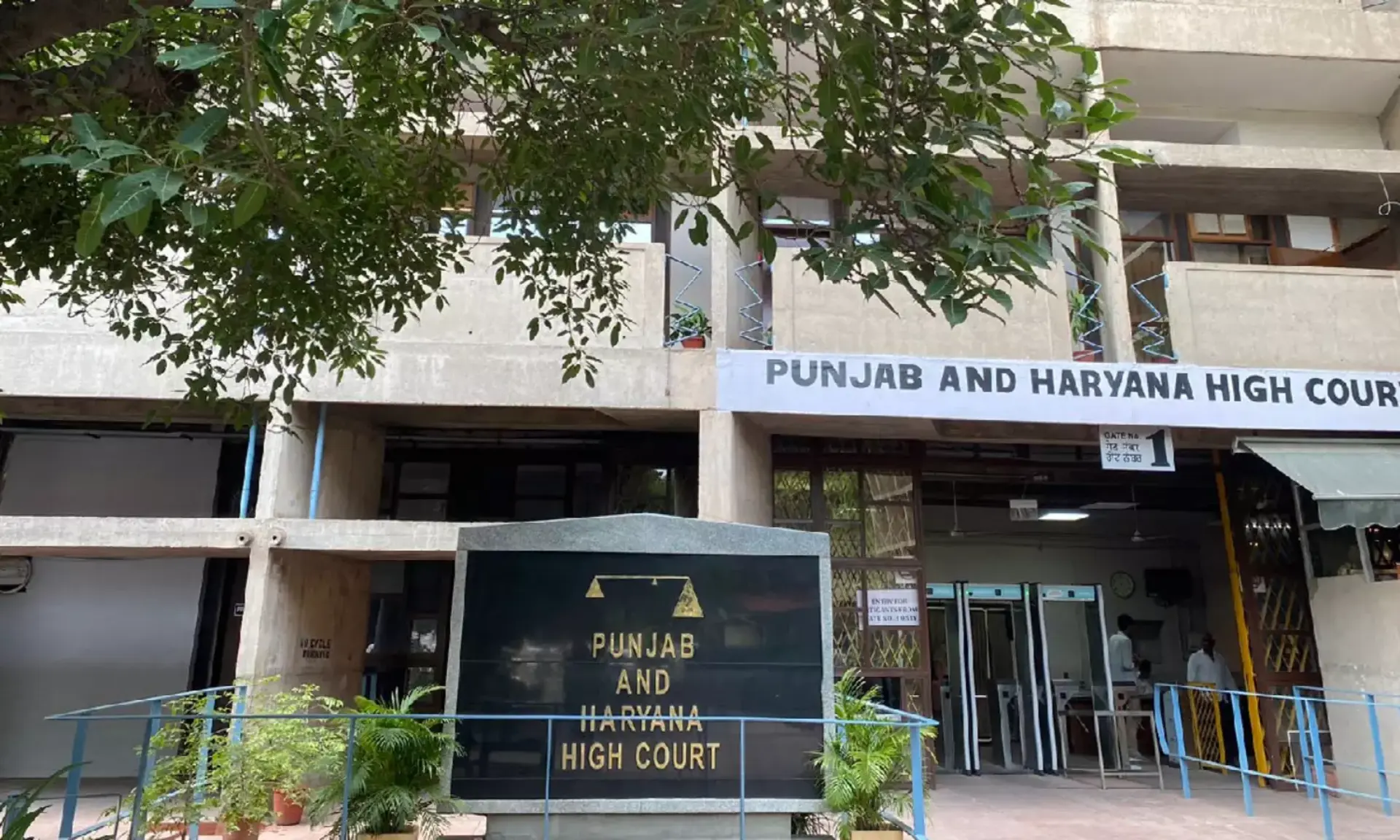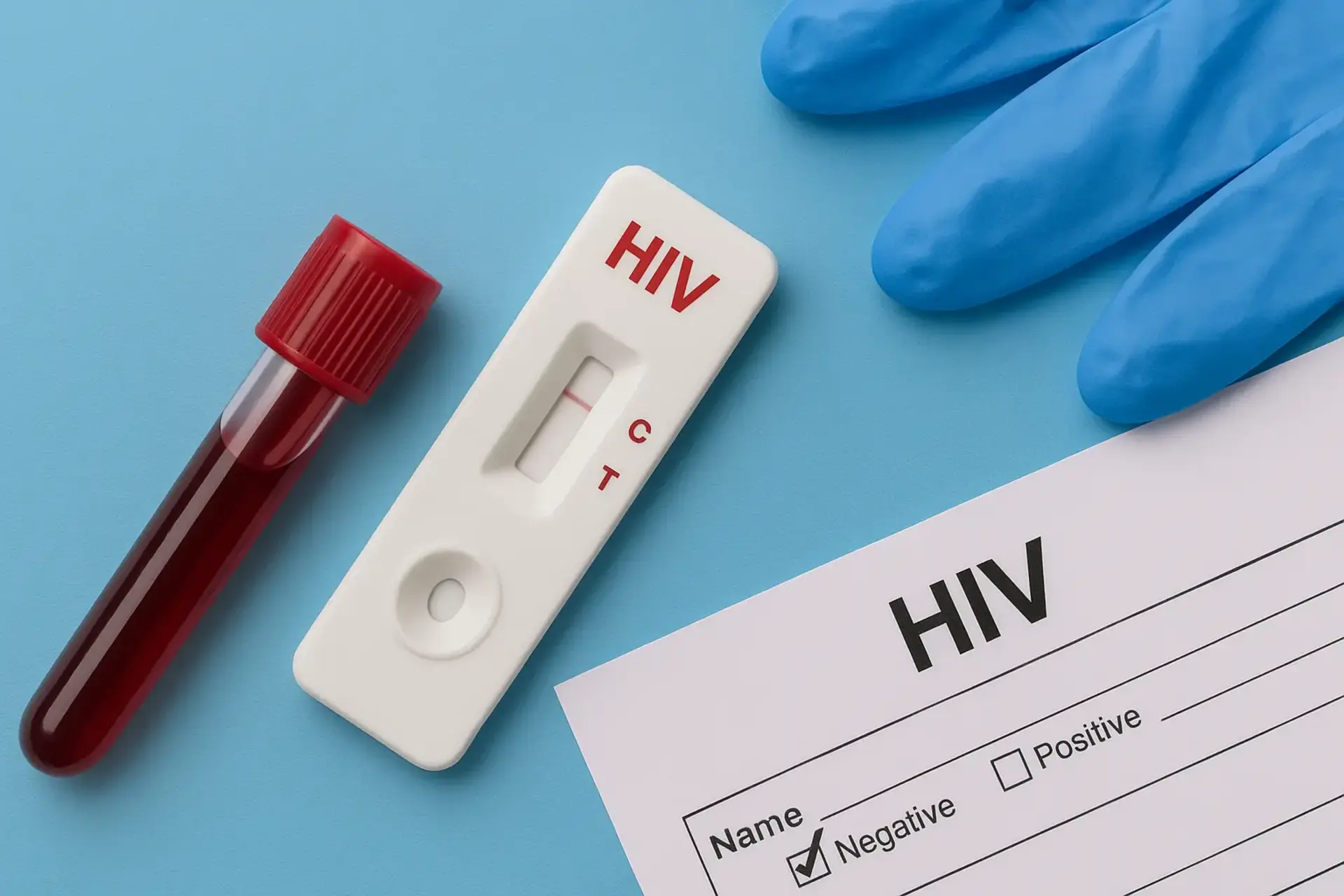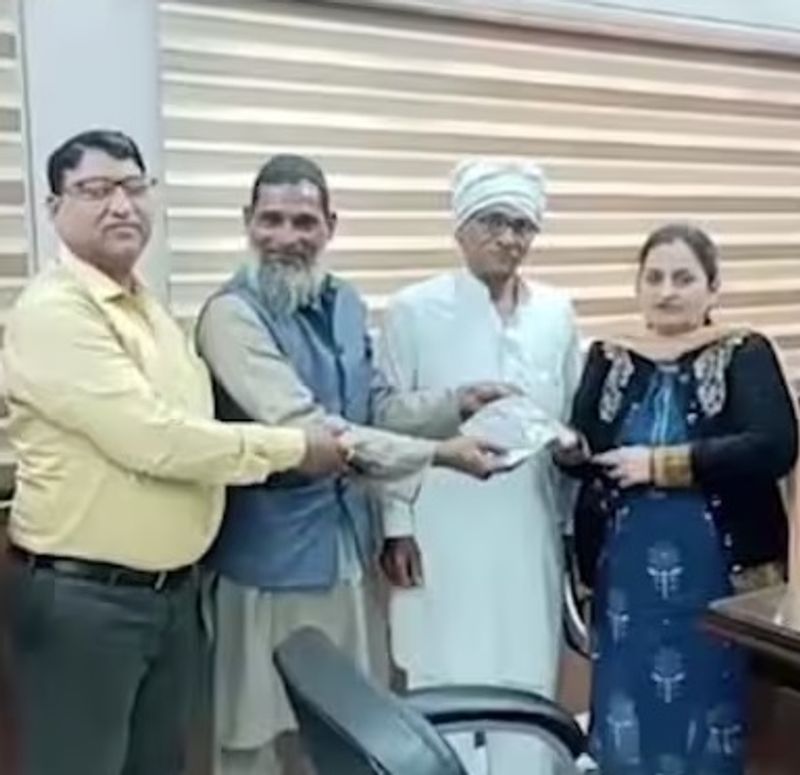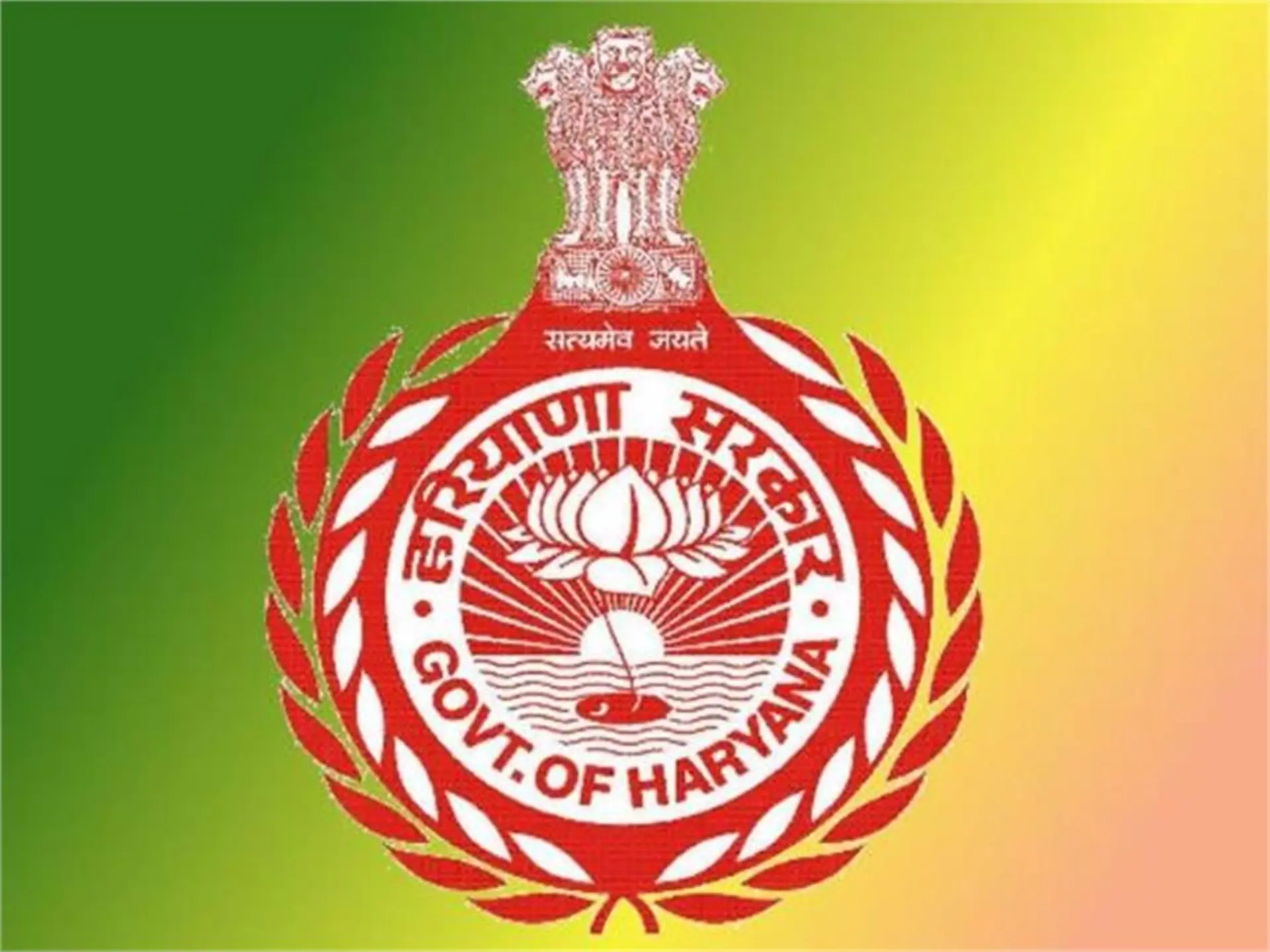
In a significant legal development, a Special Court under the Prevention of Money Laundering Act (PMLA) in Panchkula has put a hold on proceedings in a high-profile corruption case involving former Haryana Chief Minister Bhupinder Singh Hooda and 21 others. The case, which revolves around the alleged irregular allotment of 14 industrial plots in Panchkula during 2011-12, has taken an unexpected turn as the court expressed strong disapproval of the Central Bureau of Investigation's (CBI) handling of the matter.
The case originated in December 2015 when the State Vigilance Bureau registered a complaint following the BJP's ascension to power in Haryana. It was subsequently transferred to the CBI, which filed an FIR on May 19, 2016. The Enforcement Directorate (ED) then entered the fray, registering an Enforcement Case Information Report (ECIR) based on the CBI's FIR and filing a prosecution complaint against all accused on February 15, 2021.
However, the CBI's failure to file a final report in the case has now led to judicial intervention. Special Judge PMLA Rajeev Goyal, in a detailed order, has stayed the proceedings until the CBI submits its final report. The court's decision came in response to applications filed by three accused parties seeking a stay on the ED case proceedings.
The court's order reveals a pattern of delays and unfulfilled promises by the CBI. Despite multiple assurances given to the court over nearly two years, the agency failed to file even a supplementary final report. The court meticulously documented the CBI's repeated requests for more time, citing pending administrative approvals, which ultimately led to no concrete action.
In a scathing observation, Judge Goyal stated, "Whatever was stated by the CBI through its officers before this court on multiple occasions regarding the filing of the final report was nothing but a sham to save face, without any intention of filing a final report, let alone a supplementary one."
The court's decision to stay the proceedings was also influenced by practical considerations. Judge Goyal expressed concern that if the trial were to progress significantly and the CBI later filed a cancellation report in the predicate offence, it would result in a waste of the court's time, energy, and resources. He emphasized the need to preserve and utilize judicial resources efficiently, given the many other pending cases in the court.
This development highlights the complexities and challenges in prosecuting high-profile corruption cases in India. The case against Hooda and others alleges that industrial plots were allotted at rates lower than the market price, potentially causing losses to the state exchequer.
The court's decision to stay proceedings pending the CBI's final report underscores the interdependence of various investigative agencies in such cases. It also raises questions about the efficiency and coordination of India's premier investigative agencies in handling sensitive political cases.
As the case continues to unfold, all eyes will be on the CBI's next move. The agency's ability to file a comprehensive final report will be crucial in determining the future course of this high-stakes corruption case. Meanwhile, the court's stern stance serves as a reminder of the judiciary's role in ensuring due process and preventing unnecessary delays in the justice system.
The case remains a significant political issue in Haryana, with potential implications for both the Congress and the BJP. As the legal proceedings evolve, it will undoubtedly continue to be a topic of intense public interest and debate in the state's political landscape.
The court had pronounced the order on May 15, but the detailed order has only recently been made available, shedding light on the judicial reasoning behind this significant decision in a case that has captured public attention for years.



